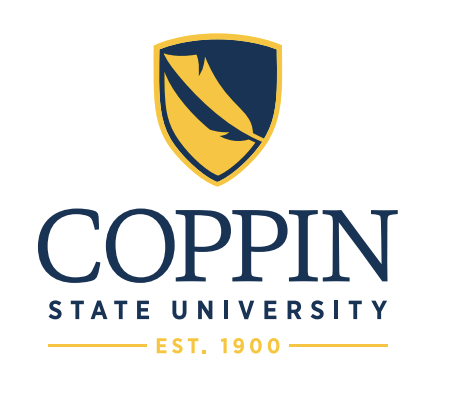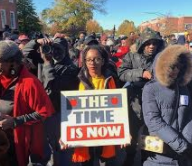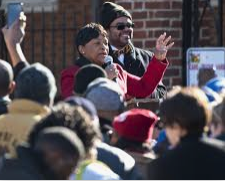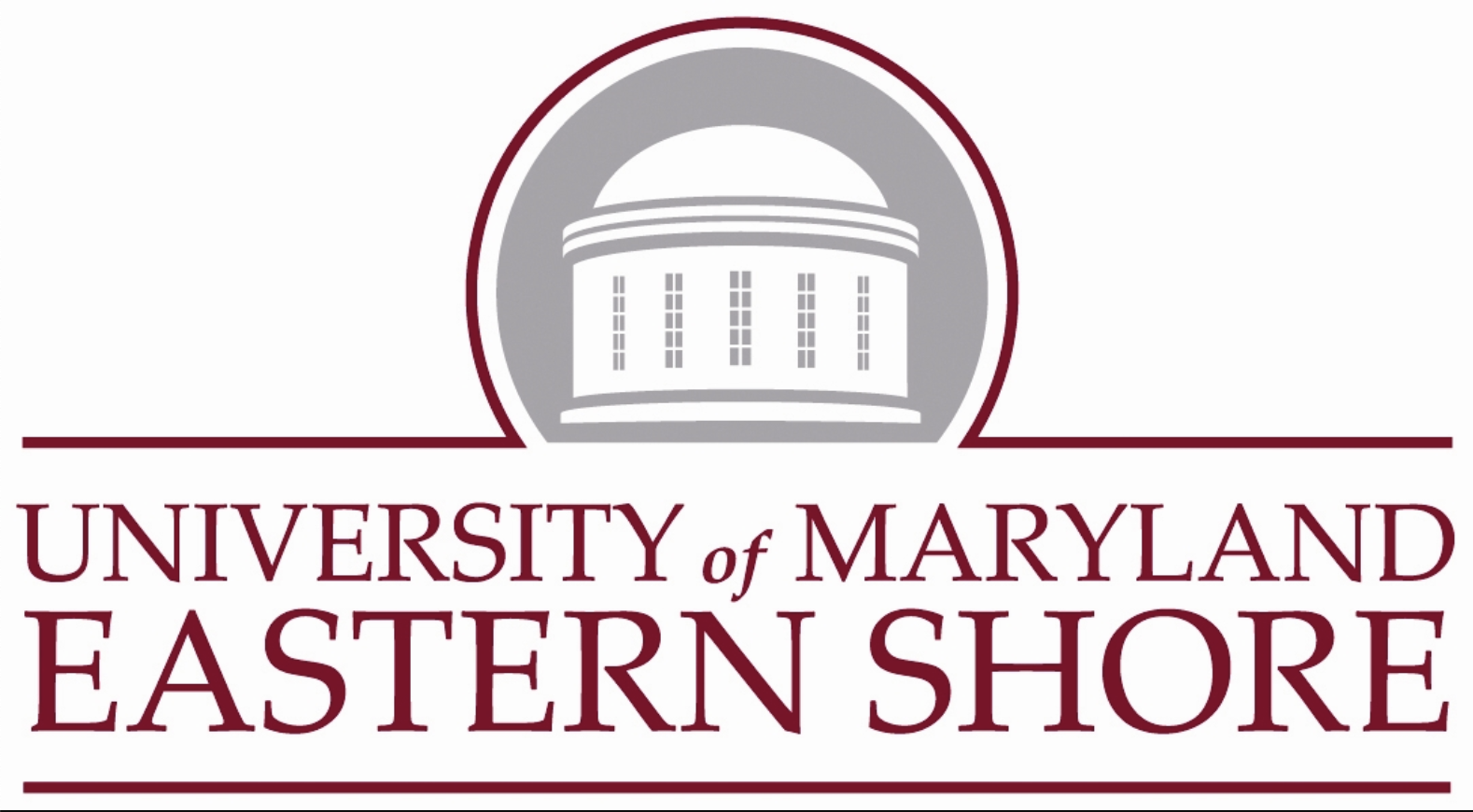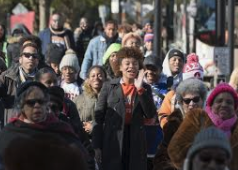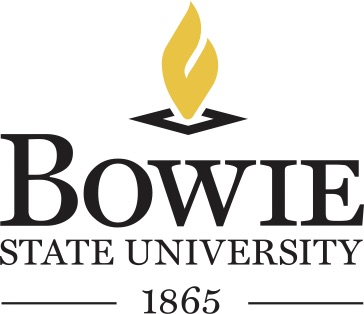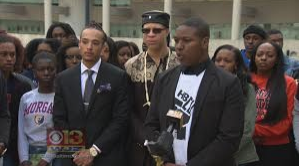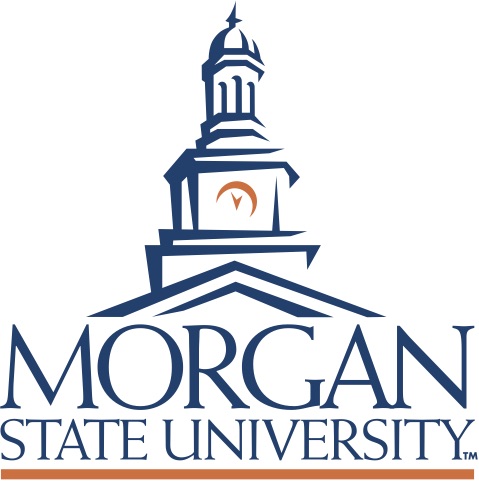Securing Justice for Maryland's Historically Black Colleges and Universities
The Coalition for Equity and Excellence in Maryland Higher Education. Inc., et.al v. Maryland Higher Education Commission, et. al.Case Summary
Prior to the 1954 Brown v. Board of Education case, Maryland operated a de jure system of segregation in higher education between white and black students. This system forced black students to attend schools that were insufficiently funded, provided inferior facilities, and lacked the programmatic opportunities offered at the traditionally white schools in the system. Even after Brown prohibited segregation in education, Maryland failed to adequately remedy this disparity.
In 2000, Maryland entered into a Partnership Agreement with the US Department of Education’s Office for Civil Rights (OCR) to bring the state into compliance with the Equal Protection Clause of the Fourteenth Amendment and Title VI of the Civil Rights Act of 1964. Maryland has failed to meet its commitments under the agreement. The state’s continuing failures to the HBCUs span the areas of funding, capital improvements, and unnecessary program duplication. An extensive record documents the state’s failed efforts to enhance its historically black colleges and universities in a manner that would allow them to become comparable and competitive with Maryland’s traditionally white institutions (TWIs).
In 2006, the Coalition for Equity and Excellence in Maryland Higher Education (The Coalition) is a coalition of graduates from Morgan State University, Coppin State University, Bowie State University and the University of Maryland Eastern Shore claimed that Maryland underfunded and undermined the academic programs at those schools. In 2009, the Lawyers’ Committee for Civil Rights Under Law and co-counsel Kirkland & Ellis LLP joined the team to represent the Coalition and individual students and faculty from these historically black colleges and universities.
The Coalition argued that Maryland HBCUs are placed at a disadvantage when their most distinctive offerings are duplicated, especially when the schools they compete with have more money and newer facilities. By letting other state colleges duplicate programs that once attracted a diverse student body to the historically black colleges and universities, the state impeded enrollment at the schools. For example, traditionally white public universities in Maryland have 122 academic programs not duplicated elsewhere in the state system, while historically black schools count only 11 such offerings. If the state would introduce more academic programs that are in high demand, the competitiveness and sustainability of the four schools would enhance.
A federal judge in 2017 ordered Maryland to end the disparity by establishing a set of unique programs at each school and providing additional funding for marketing and scholarships. The state appealed the decision and was ordered into mediation that ended in July 2019 without a resolution.
In order to force an end to this protracted legal battle, newly inaugurated Speaker of the Maryland House of Delegates Adrienne A. Jones—the first African-American and the first woman to serve in that position in Maryland—introduced House Bill 1260 which would require the state of Maryland to spend $580 million over 10 years on the four colleges and universities, an amount similar to what the Coalition proposed in settlement, and nearly three times as much as the governor of Maryland offered to settle the lawsuit.
In a major step towards ending this 13-year-old lawsuit over inequitable funding of the schools, the Maryland General Assembly passed the legislation in a nearly unanimous vote in the House of Delegates and Senate. However, Governor Hogan, citing the economic fallout from the Covid-19 crisis, vetoed the legislation among other major investments in education in Maryland.
Key Documents
Plaintiffs’ status report on discovery and disputed issues November 12, 2010
Plaintiffs’ October 2010 pre-trial statement (Statement of the Case and Statement of the Issues to be Considered at Trial)
Fourth Amended Complaint filed by the Plaintiffs in this case in September 2010
Presentation that accompanied the Plaintiffs’ opening statement on the case
Plaintiffs’ proposed findings of fact and conclusions of law
Judge Blake’s memorandum opinion
Judge Blake’s Order for Remedial Action (November 8, 2017)
Maryland’s Appeal (December, 6, 2017)
Coalition Brief of Appellee-Cross-Appelants to the U.S. Court of Appeals for the 4th Circuit (October 18, 2018)
Maryland House Bill 1260 (introduced February 7, 2020)
Press Releases
- June 8, 2017 – Court to Determine Remedy for Constitutional Violation in Maryland HBCU Desegregation Case
- November 9, 2017 – Federal Judge Issues Injunction Against Maryland for Violating U.S. Constitution, Establishes Federal Oversight of Higher Education Academic Program Approval Process
- February 8, 2018 – State Of Maryland Attempts To Remedy Decades Of Mistreatment Harming Historically Black Institutions
- December 11, 2018 – The Lawyers’ Committee for Civil Rights Under Law Continues Fight to Remedy Mistreatment of Maryland’s Historically Black Institutions
- January 3, 2019 – Federal Appellate Court Orders Parties in Maryland Litigation Involving Historically Black Institutions to Settle Dispute Over College Segregation
Media
- (The Baltimore Sun): Show that black lives matter by funding Maryland’s HBCUs | Op-ed by Michael Jones, et.al.
- (The Washington Post): Hogan vetoes education plan, HBCU money, citing coronavirus economic downturn
- (The Guardian): Maryland HBCUs awarded half a billion in racial discrimination compensation
- (The Washington Post): Maryland General Assembly authorizes $580 million for state’s historically black colleges and universities
- (The Washington Post): Maryland House Speaker Jones pushes bill to force settlement of HBCU lawsuit
- (The Washington Post): Maryland Gov. Hogan makes a ‘final’ offer of $200 million to settle lawsuit involving historically black schools
- (The Baltimore Sun): Coalition of Maryland HBCUs seeks $577 million to drop lawsuit, avoid ‘litigating for the next 10 years’


